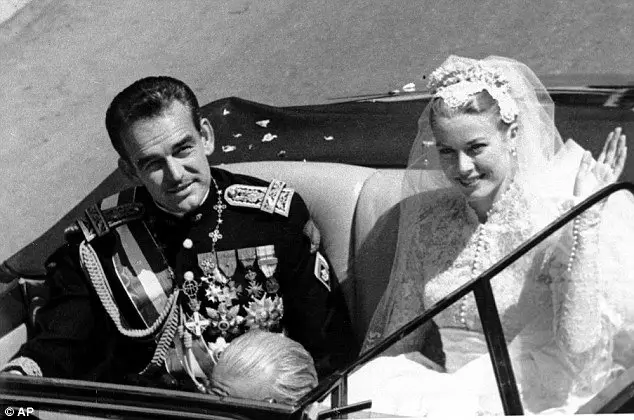
What captured my interest was how Fr. Brodrick took exception to the way some people approach saints. Sometimes it happens that the very people who most admire a saint actually unknowingly decrease the reputation they deserve. Fr. Brodrick said that St. Peter Claver’s life had been filled with “appalling labours and sufferings.” Brodrick denied the claim that the cloak Claver wore, in which he used to wrap plague-victims and lepers, miraculously remained clean and sweet-smelling. “It stank to high heaven,” he said “and had to be washed seven times a day!”
The True Image of a Saint: Grit Over Glamour
What is more to be admired in a saint – that he, by the gentle grace of God, remained untouched by fifth, or that he, by that very grace, was able to endure and to love despite filth and stink and contagion? I share the sentiments of Fr. Brodrick about what kind of man this great saint was and about what kind of life he was able to lead. This was the kind of thing that has so impressed people about Bl. Teresa of Calcutta.
She did the kinds of things that most people realize they could not do. Not great and glamorous things, but things, nevertheless, full of grace. I know that this is the kind of life Our Blessed Mother lived, sharing in the “appalling labors and sufferings” of her own Son – reaching out to the lepers and to the other undesirables, undesirables like Mary Magdalene, beside whom she would stand and behold Christ’s Passion, that appalling thing.
Love, Not Cleanliness, is the Path to Holiness
It is a very bad thing when by its clinical objectivity ethics sometimes removes us from the actuality of human life. May we never become so obsessed with the idea of sinlessness that we come to conceive of it as necessitating a life of order and control. Sinlessness is the goal of our human striving, but it is not something we will ever encounter within the domain of safety and cleanliness.
No great spiritual author ever thought this way. If there is one thing that is apparent in the lives of the great models that the Church presents to us—the saints—it is that they really did share in the incarnation of Christ, by living close to those in misery and need.
The great religious spent their time offering encouragement to the wavering and weak; the great bishops, their prayers and words, both harsh and gentle, to sinners and those who struggled; married saints, prayers, service, and counsel without end to children who often grew up disregarding them. one of them put security above the requirements of love, for in fact, love is the only means by which one might attain moral security.
Finding Grace in the Messy Reality of Life
The luckiest ones are actually the very people many of us would never wish to trade places with – workers in old age homes, nurses, doctors—especially those living in mission lands—and let me add to this number, dads and moms, brothers and sisters, who have actually embraced their circumstances.
The lowest place that Christ chose, leaving the Godhead, as St. Gregory of Nazianzus phrased it, or emptying Himself, as St. Paul put it, is no mere metaphysical or mythological article of faith, it is, rather, the only way of love: to choose the lowest place for sake of the good of others. The lowest place is always the dirtiest. It is the place of hunger, uncertainty, and dirt. There you will find the great saints; glory is something for another place and time.
I hate it when my kids get sick. Not only because they suffer—love hates suffering—but also because they get sheets, carpets and clothes filthy. The house fills with the wretched stink of flu. This is far removed from the luster of the paintings of the saints we are familiar with, but it is precisely in this stink and wretchedness that I come closest to sharing in the great things of Christ and the saints.

Colin wrote this Article for the Knights of the Holy Eucharist. He has been married to Anne-Marie since 1999, and they are proud to raise their six children, in a small town in Ontario, Canada. Colin has a PhD in Theology and works tirelessly to promote the Gospel. “Just share the Word,” is what he believes the Lord says to him – and so he does. He recently founded The Catholic Review of Books, a printed journal and website dedicated to “all things books” from the perspectives of faithful Catholics. He is fascinated by the concept of chivalry as it applies to being a man and a father in today’s crazy world.
